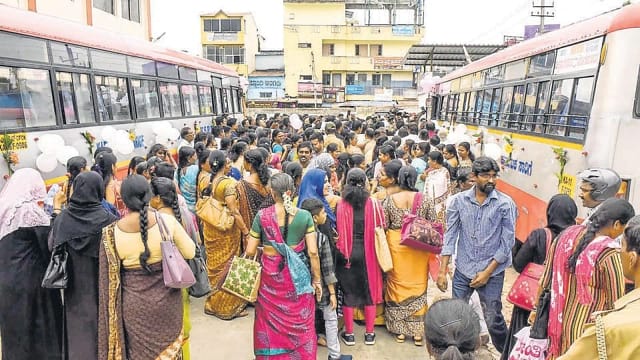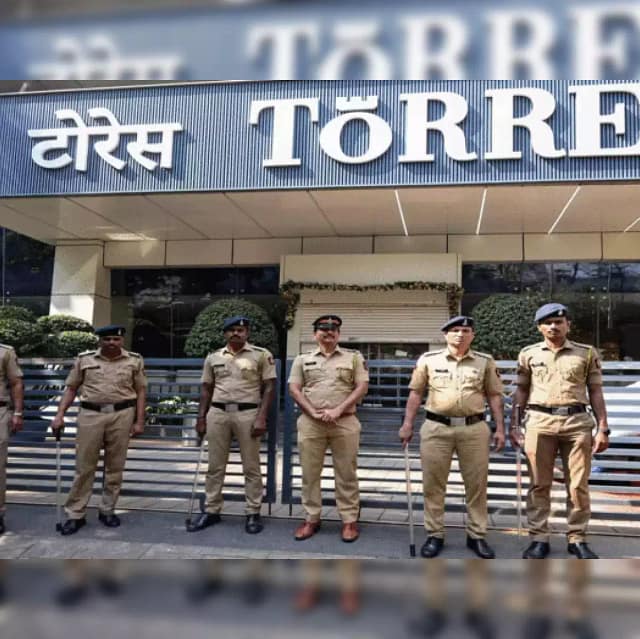The Union Cabinet has approved the much-debated ‘One Nation, One Election’ (ONOE) bill, a legislative move aimed at synchronizing elections across the nation. This landmark decision, touted as a game-changer for India’s democratic framework, is expected to be tabled in Parliament next week.
What is ‘One Nation, One Election’?
The ONOE initiative proposes holding simultaneous elections for the Lok Sabha, state assemblies, urban local bodies, and panchayats. This ambitious plan seeks to streamline the election process, reduce administrative burden, and enhance governance. If implemented, elections across the country would be conducted within a 100-day timeframe.
The concept gained traction after a high-level committee, chaired by former President Ram Nath Kovind, presented its findings earlier this year. The committee’s report, spanning 18,626 pages, was the result of extensive stakeholder consultations and research over 191 days since its formation on September 2, 2023.
Key Benefits Highlighted
- Policy Stability: The committee emphasized that prolonged and staggered elections disrupt governance and policy-making. Simultaneous elections, it argued, would ensure consistency in policy implementation.
- Voter Engagement: By aligning election schedules, the initiative aims to reduce voter fatigue and increase participation rates.
- Economic Gains: Former President Kovind stated that ONOE could potentially boost India’s GDP by 1 to 1.5%, as it would minimize disruptions to the economy caused by frequent elections.
- Reduced Costs: The financial and logistical costs of conducting elections multiple times a year would significantly decrease with this unified approach.
Political and Economic Implications
Prime Minister Narendra Modi has expressed strong support for the initiative, calling it a step towards a “more vibrant and participative democracy.” Kovind, while advocating for ONOE, emphasized that its benefits transcend political interests, serving the broader national interest.
However, the initiative will require extensive consensus-building among political parties and states to address concerns over its implementation. Critics argue that aligning elections might undermine regional issues and dilute the accountability of local governments.
Challenges and Next Steps
Implementing ONOE involves amending several constitutional provisions, including Articles 83, 85, 172, and 174, alongside changes to the Representation of the People Act, 1951. Building political consensus and addressing logistical challenges will be critical for the bill’s passage and execution.
Conclusion
The ONOE initiative, if realized, could mark a significant reform in India’s electoral system. By addressing administrative inefficiencies and fostering greater participation, it promises to reshape India’s democratic landscape. As the bill heads to Parliament, its passage will depend on a delicate balance of political negotiation and public support.
This news report is curated with insights from multiple reliable news sources.






